What Does 'Puttering Around' Mean in Family-Friendly Home Decor?
You’ve probably heard someone say they’re "just puttering around the house." But what does 'puttering around' really mean — especially when it comes to decorating your home with kids in mind?
In this post, we’ll decode the cozy, creative vibe behind this phrase and explore how you can use it as inspiration to create a space that’s both stylish and totally kid-friendly. Let’s dive in!
Table of Contents
- What Exactly Is 'Puttering Around'?
- Why 'Puttering' Matters in Family Home Design
- 7 Puttering-Inspired Design Tips for Family Spaces
- Buying Guide: The Best Products for a Puttering-Friendly Home
- Final Thoughts: Embrace the Messy Magic
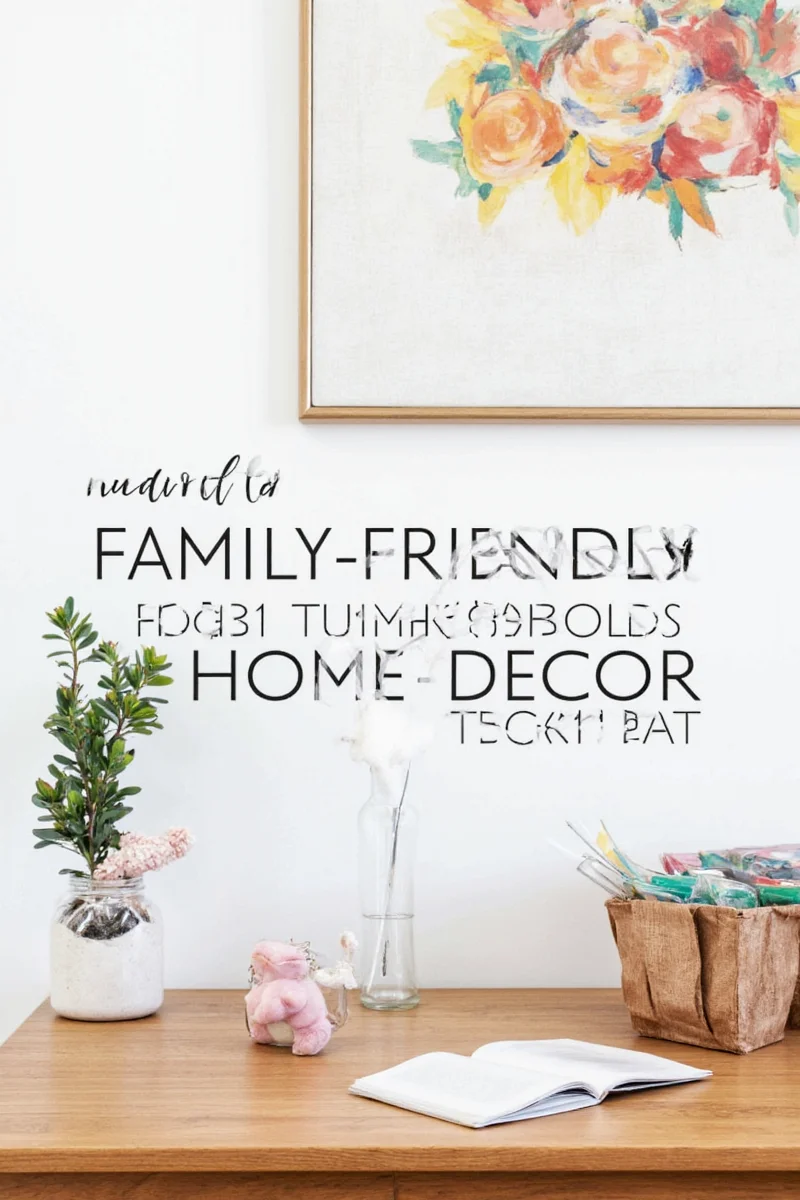
What Exactly Is 'Puttering Around'?
The phrase 'puttering around' typically means doing small, informal tasks without a strict plan or urgency — like organizing a drawer, watering plants, or rearranging pillows. It’s all about taking pleasure in little things, often while relaxing at home.
In the context of family-friendly decor, ‘puttering’ takes on a new kind of charm. It becomes a philosophy of embracing imperfection, encouraging creativity, and designing spaces that invite play, exploration, and comfort — not perfection.
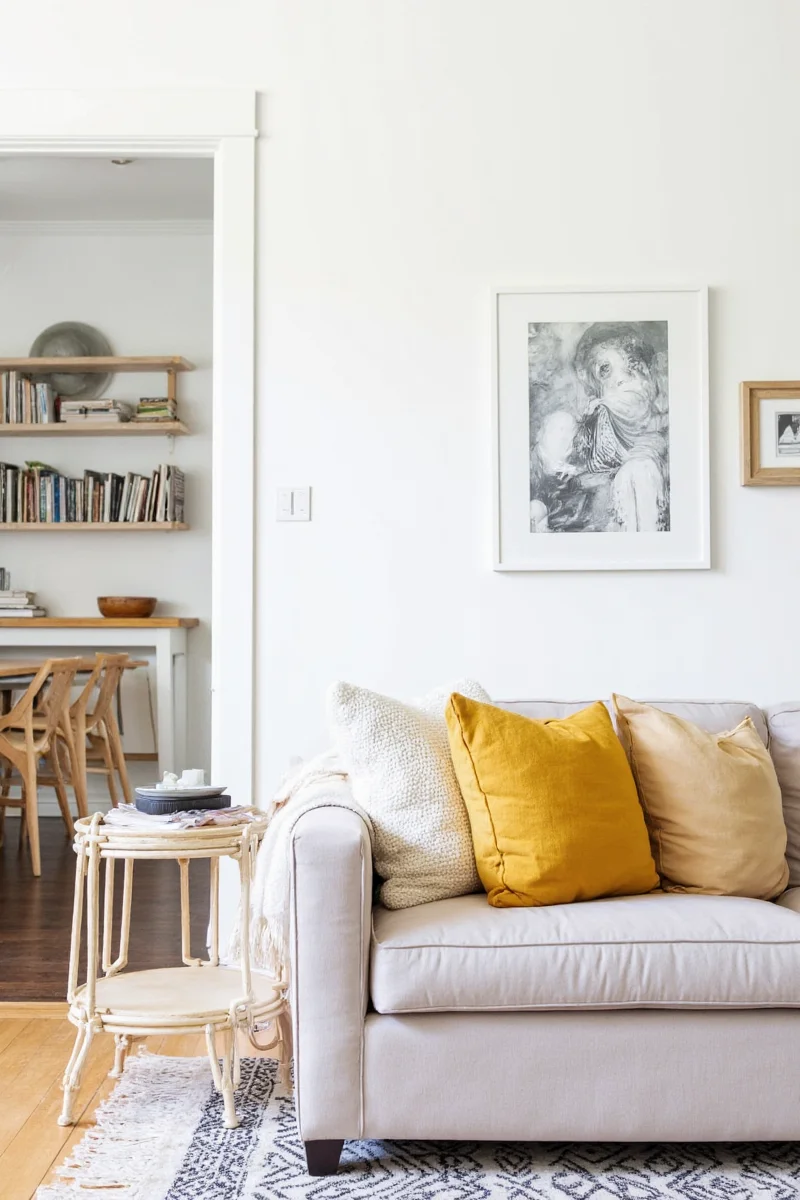
Why 'Puttering' Matters in Family Home Design
In today's fast-paced world, homes are more than just places to live — they’re sanctuaries for rest, connection, and creativity. When you're raising kids (or simply love a relaxed lifestyle), it’s important to design spaces that feel inviting and forgiving.
Puttering-friendly design helps reduce the pressure to keep everything picture-perfect. Instead, it encourages a joyful, functional environment where kids can be kids — and adults can enjoy the process too.
Key Benefits of a Puttering-Friendly Home:
- Reduces stress by eliminating the need for constant cleaning
- Encourages spontaneous play and creativity
- Makes everyday life feel more enjoyable and connected
- Saves money by repurposing items instead of buying new
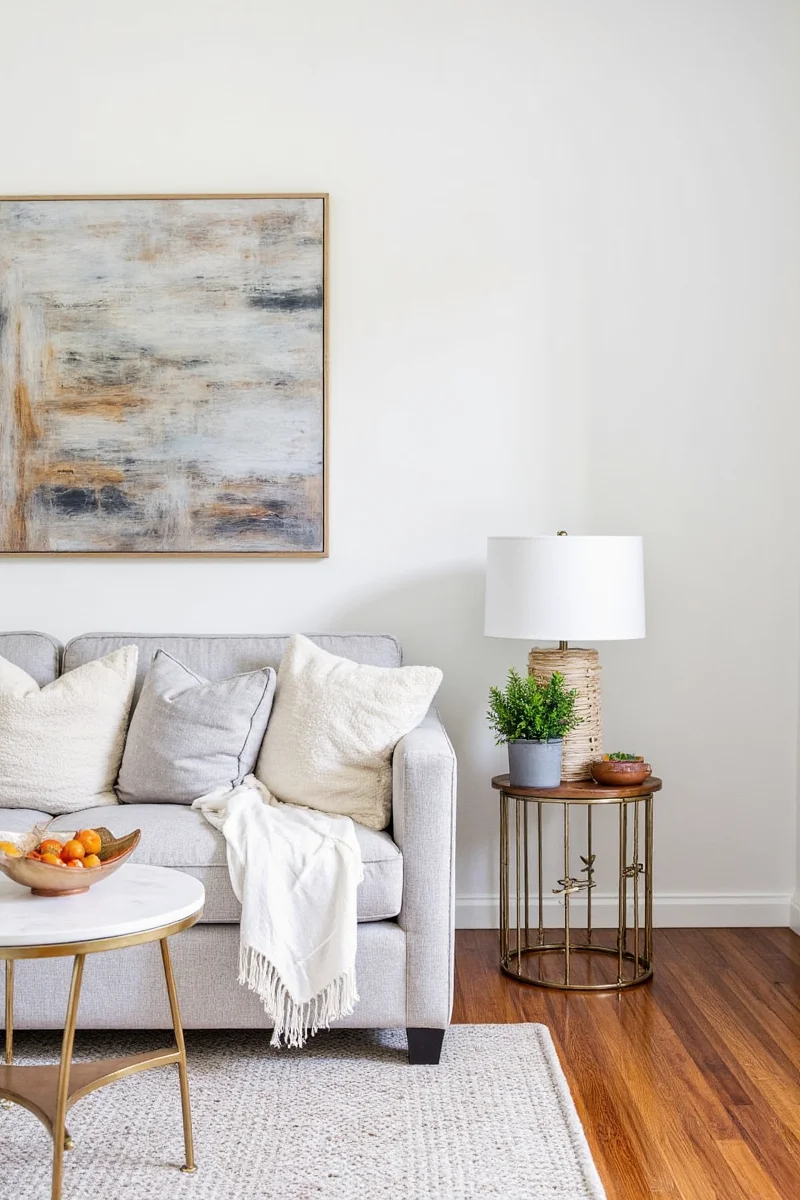
7 Puttering-Inspired Design Tips for Family Spaces
Ready to embrace the putter? Here are seven ways to make your home a haven for playful chaos — and still keep it stylish.
- Create Zones for Creativity
Set up designated areas for arts, reading, or building — like a corner with crayons, puzzles, or LEGO bricks. Use rugs or furniture placement to define these zones visually.
- Choose Washable or Wipeable Materials
Think machine-washable throw pillows, wipe-clean tabletops, or vinyl-covered dining chairs. These materials help you embrace mess without losing your cool.
- Opt for Flexible Furniture Layouts
Furniture that’s easy to move around lets you adapt your space to different moods and activities. Try modular sofas or rolling side tables.
- Let Kids Help Decorate
Display your child’s artwork proudly. Use magnetic boards, clip frames, or even washi tape to rotate pieces regularly without damaging walls.
- Keep Storage Cute AND Functional
Baskets, toy boxes with lids, and ottomans that double as storage help maintain order without killing the fun vibe.
- Add Touches of Whimsy
Playful patterns, quirky lighting, and fun colors bring out that lighthearted energy perfect for puttering around.
- Use Multi-Functional Items
Look for furniture that serves multiple purposes — like a coffee table with hidden storage or a couch that turns into a bed for movie nights.
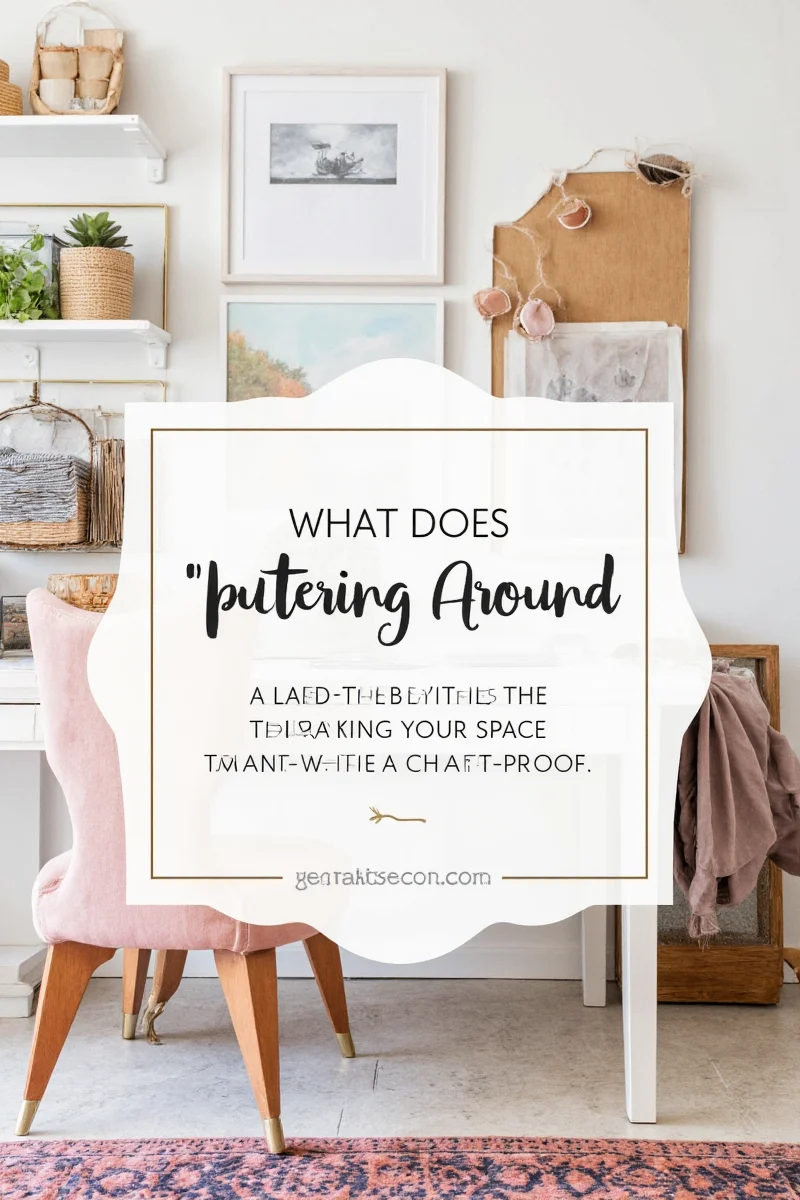
Buying Guide: The Best Products for a Puttering-Friendly Home
To help you shop smart and style your home for both function and fun, here’s a curated list of must-have products that embody the spirit of puttering around.
| Product | Description | Why It Works | Best For | Price Range |
|---|---|---|---|---|
| Magnatile Magnetic Tiles | Colorful magnetic tiles that snap together for endless building possibilities | Kids love them, they’re durable, and they store flat | Preschool-aged kids, rainy days, STEM learning | $20–$80 |
| Wipe-Clean Art Tabletop Easel | Dry-erase board with built-in markers and trays | Clean-up is a breeze, keeps art supplies organized | Toddlers through early elementary | $30–$60 |
| Modular Floor Poufs | Soft cubes that can be stacked, sat on, or used as tables | Comfortable, flexible, and easy to toss around | Lounging, reading nooks, game time | $25–$90 |
| Removable Wall Decals | Stickers that look like permanent wall art but come off easily | Change themes with the season, no damage to paint | Playrooms, nurseries, dorm rooms | $10–$40 |
| Toy Storage Baskets with Lids | Attractive woven baskets that hide clutter | Blend into decor, keep floors tidy without sacrificing style | Living rooms, bedrooms, playrooms | $15–$50 |
Holiday Gift Tip:
Looking for a holiday gift idea? These puttering-friendly products also make great presents for birthdays, back-to-school, or even teacher appreciation gifts!
Recommended Brands:
- Magna-Tiles – Perfect for open-ended building fun
- Guidecraft – Known for their durable, educational wooden toys
- Land of Nod – Offers stylish, kid-approved furniture and decor
- West Elm Kids – Great for modern yet functional children’s furniture
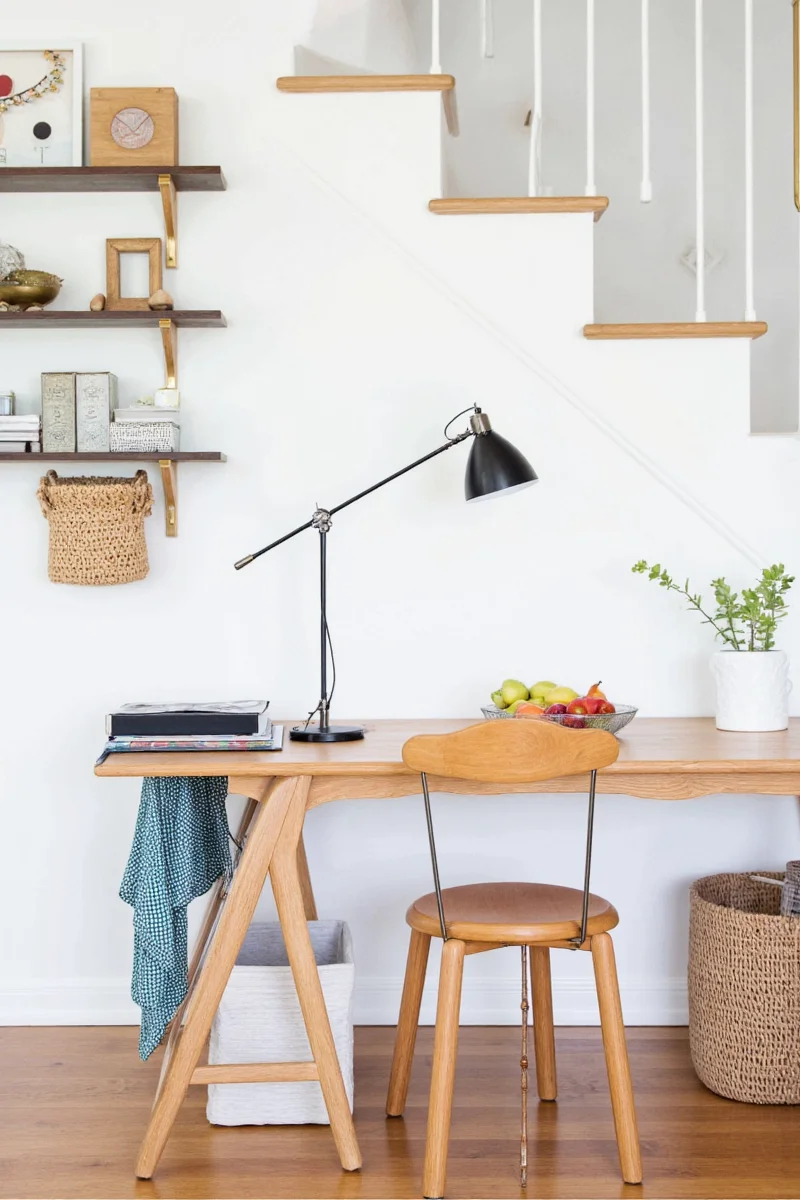
Final Thoughts: Embrace the Messy Magic
Home decor doesn’t have to be a battle against mess. Sometimes, the most beautiful spaces are the ones that reflect real life — including spilled juice, scattered toys, and finger-painted masterpieces.
By adopting a “puttering around” mindset, you can transform your home into a place where everyone feels free to relax, create, and connect. And isn’t that what family living is all about?
So go ahead — putter around, kick off your shoes, and let the magic of everyday moments inspire your next design decision.

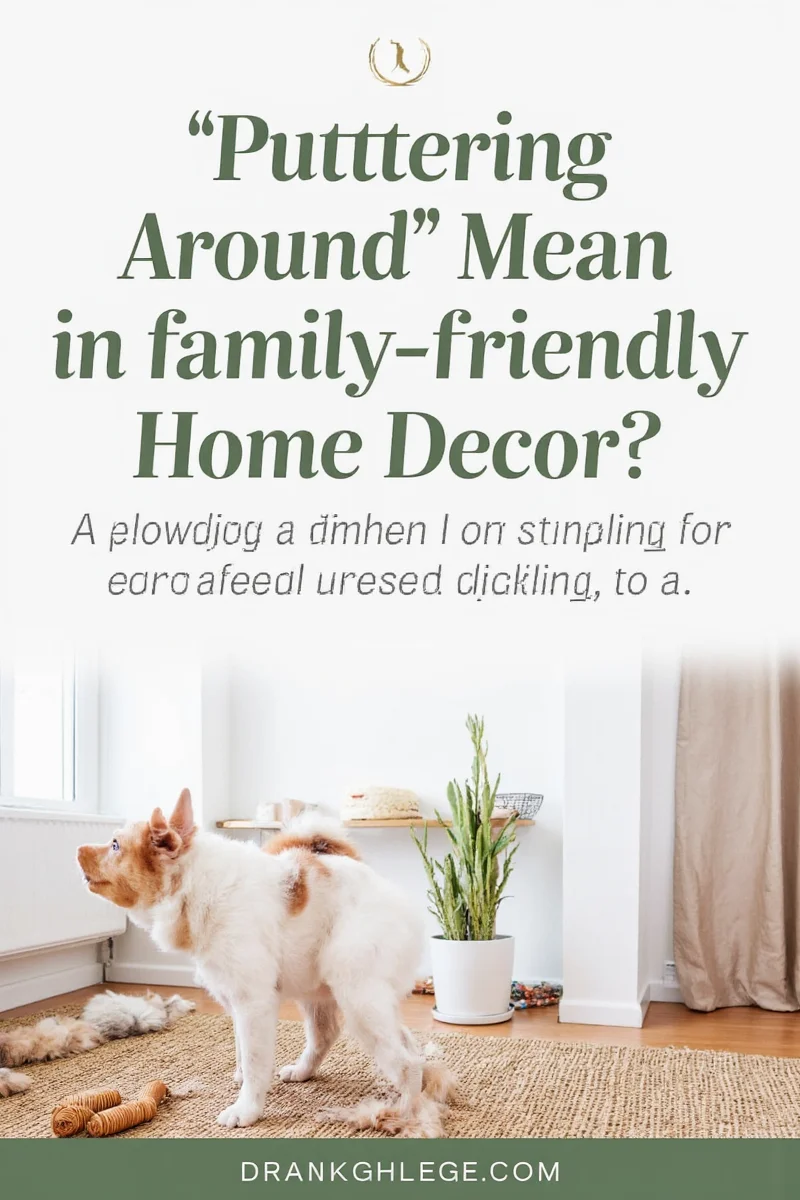









 浙公网安备
33010002000092号
浙公网安备
33010002000092号 浙B2-20120091-4
浙B2-20120091-4